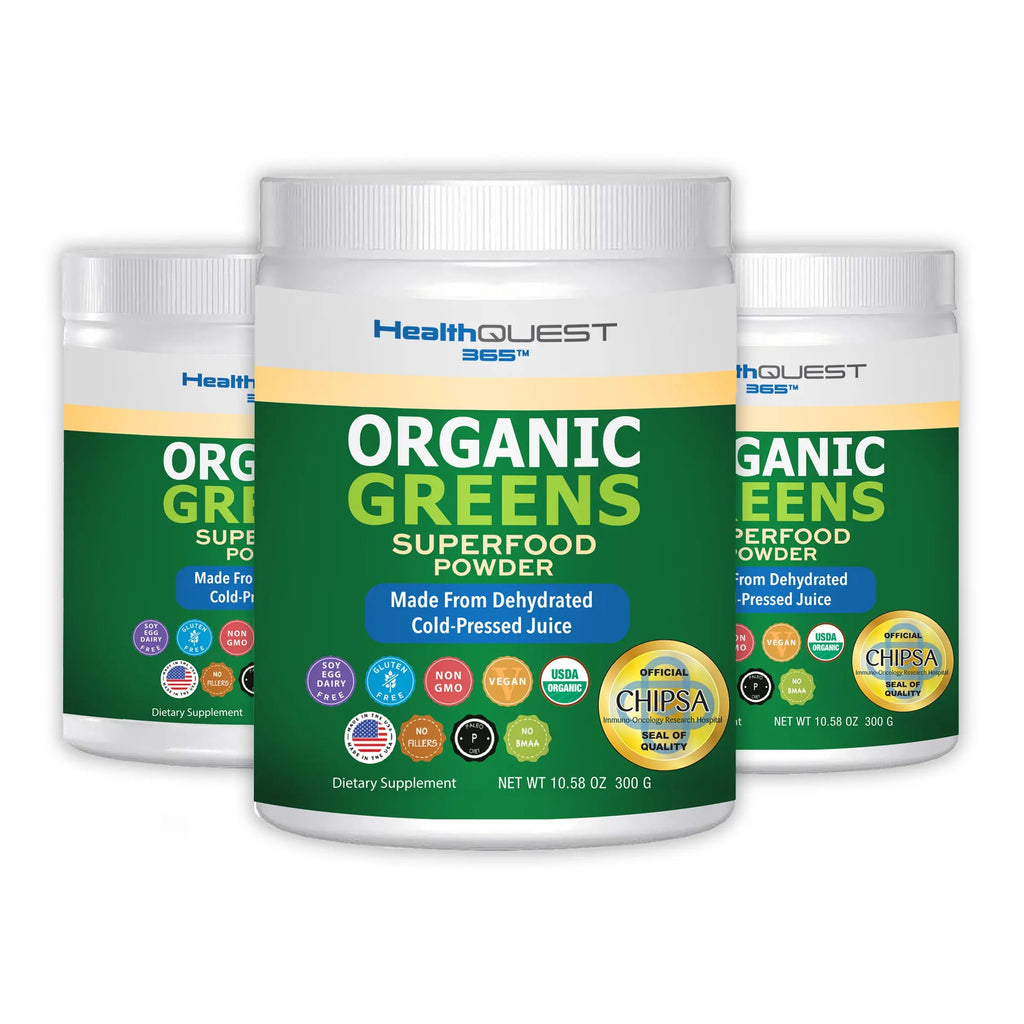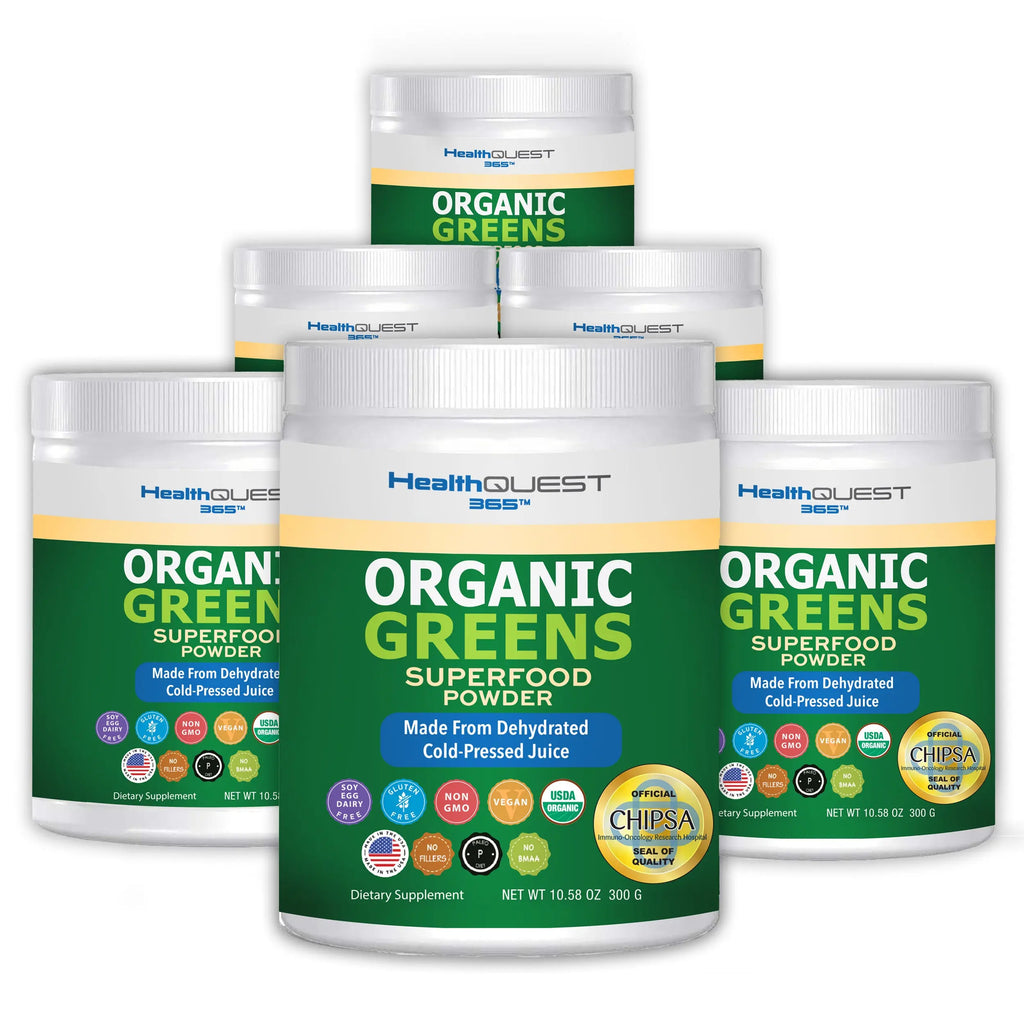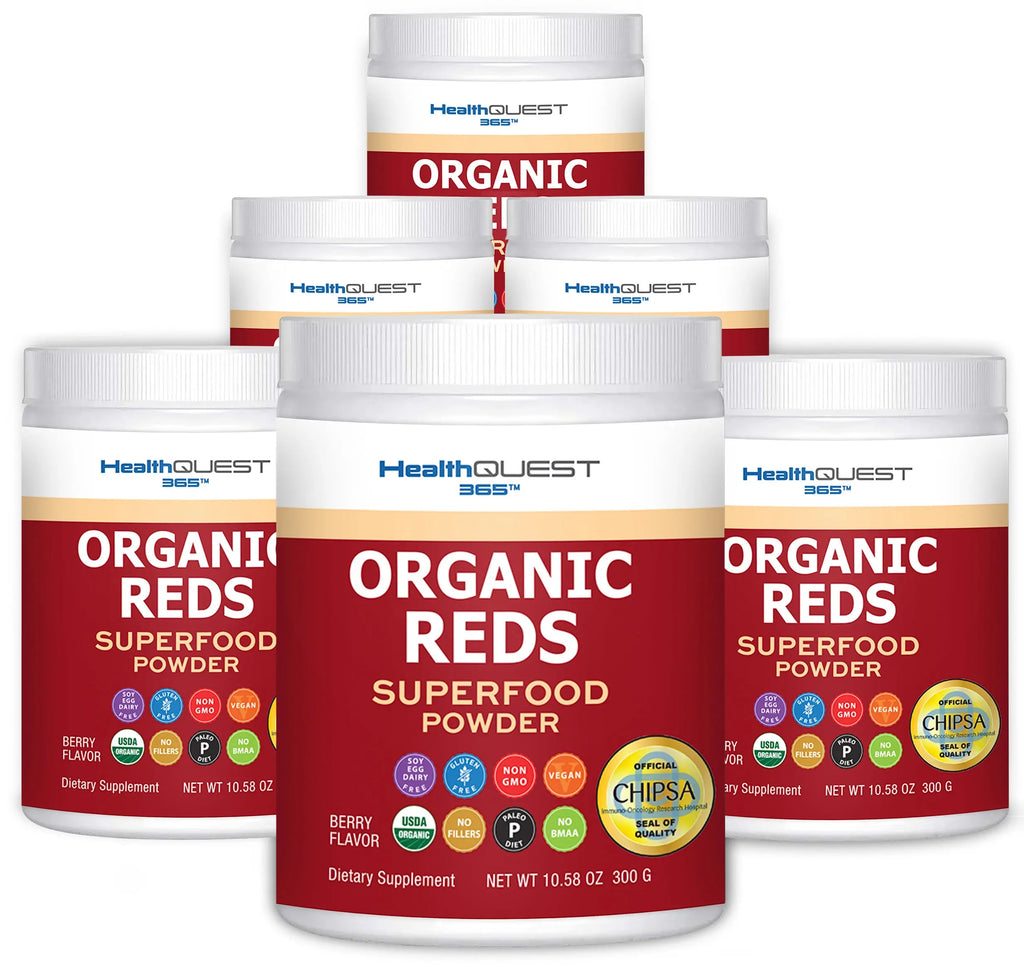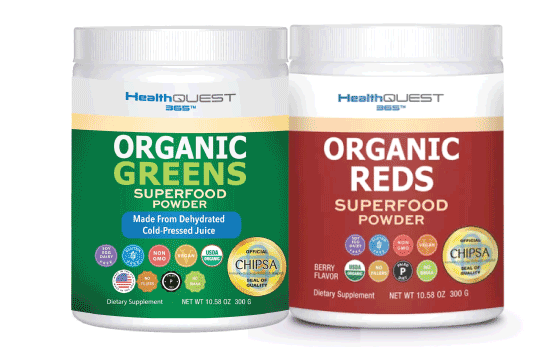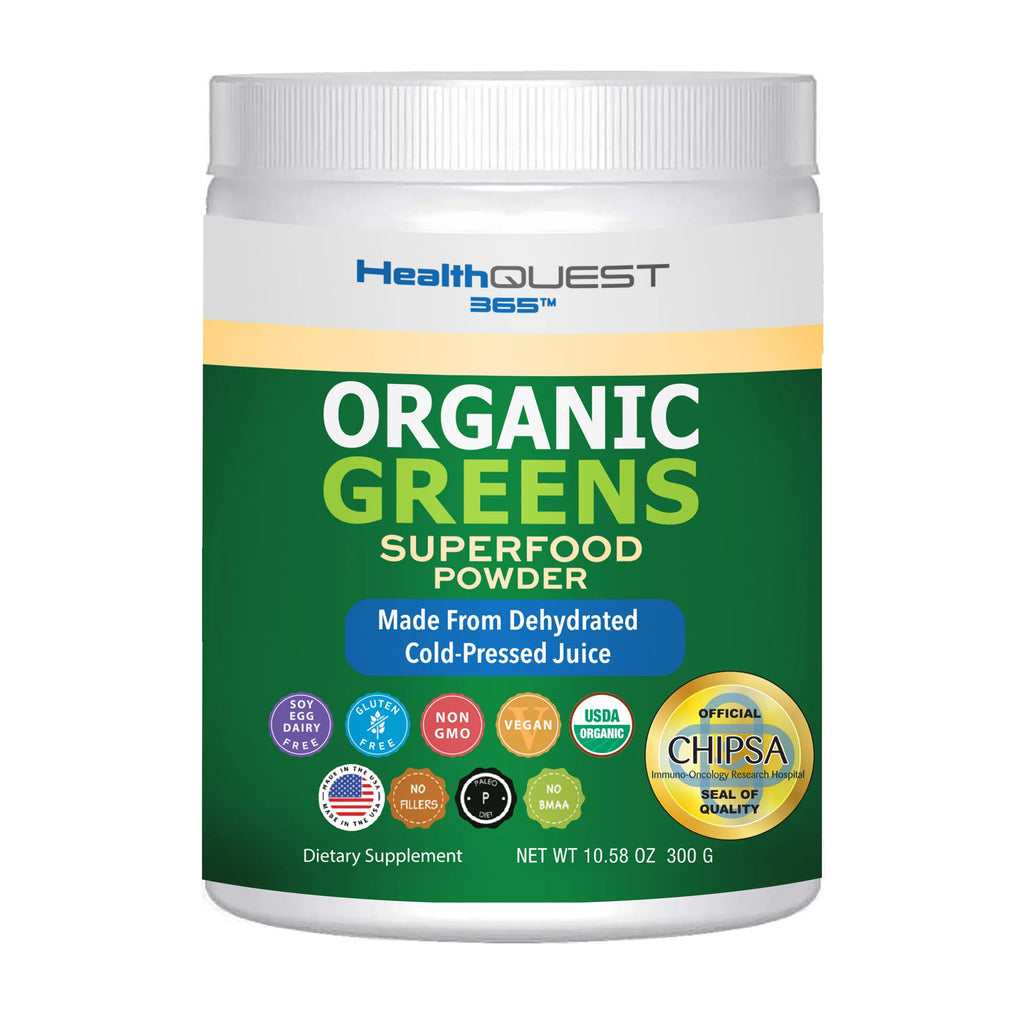It’s about health. It’s about healthy lifestyle. It’s about family™

Best Foods For Congenital Heart Defects
Ever wondered why some people can easily maintain a heart-healthy lifestyle while others struggle with cardiovascular issues like congenital heart defects? What if we told you that you could significantly reduce the risk and even alleviate the symptoms of heart problems simply by changing what's on your plate ?

Understanding Congenital Heart Disease
Congenital heart disease is not uncommon. Although most children might not have one, other children — up to 8 out of every 1000, according to Mayoclinic — face being born with one. Children with congenital heart disease tend be born with a lower birth weight, according to an article by the NIH.
Understanding Congenital Heart Defects
Congenital heart defects (congenital heart diseases) are abnormalities in the heart's structure that are present at birth, can sometimes be called a congenital heart disease. Their severity can range from simple problems, such as small holes between chambers of the heart, to severe malformations, such as incompletely formed parts of the heart. Approximately 1% of babies born each year have a congenital heart disease, making it a common yet crucial health issue.
What Causes Congenital Heart Defects ?
The exact cause of many of these heart defects is not fully understood, but they are thought to result from a combination of genetic and environmental factors. Here are some of the known contributors:
1. Genetic Factors:
-
Chromosomal Abnormalities: Some children with genetic syndromes, like Down syndrome, Turner syndrome, and Marfan syndrome, have a higher incidence of CHDs. These conditions are often caused by chromosomal abnormalities.

-
Single Gene Defects: Mutations in individual genes can lead to heart defects.
-
Family History: A family history of heart defects can increase the likelihood of CHDs in children.
2. Environmental Factors:
-
Maternal Health Conditions: Certain conditions in the mother, such as diabetes, lupus, and obesity, are associated with a higher risk of CHDs in offspring.
-
Medications: Some medications taken during pregnancy, including certain drugs for epilepsy or antidepressants, can pose a risk for the development of heart defects in the fetus.
-
Substance Abuse: The use of tobacco, alcohol, and certain illicit drugs during pregnancy is linked to an increased risk of CHDs.
-
Infections During Pregnancy: Infections like rubella (German measles) during pregnancy can lead to heart defects in the baby.
3. Other Factors:
-
Maternal Age: Women who become pregnant at an older age may have a slightly higher risk of having a child with a CHD.
-
Nutritional Factors: Poor maternal nutrition, including deficiencies in crucial nutrients like folic acid during pregnancy, might contribute to the risk of developing CHDs.

Despite these known factors, many children with congenital heart defects have no identifiable cause. It's important to understand that most heart defects cannot be prevented. However, appropriate prenatal care, managing chronic health issues during pregnancy, avoiding harmful substances, and seeking genetic counseling if necessary can help reduce the risk of CHDs.
Organic foods and their role in mitigating congenital heart diseases
Equally significant to genetics, lifestyle factors can play a crucial role in managing and even preventing congenital heart diseases. One such factor high in impact is diet—specifically, the incorporation of organic foods. These nutrient-dense powerhouses are free of pesticides and other harmful additives, providing a wholesome dietary choice that can directly influence heart health.
Organic foods and their role in mitigating congenital heart diseases
Equally significant to genetics, lifestyle factors can play a crucial role in managing and even preventing congenital heart diseases. One such factor high in impact is diet—specifically, the incorporation of organic foods. These nutrient-dense powerhouses are free of pesticides and other harmful additives, providing a wholesome dietary choice that can directly influence heart health.

Give You ALL Our Best Workbooks
Get all the Best Workbooks + Action Guides from our expert
Current Data and Research on Congenital Heart Diseases
Modern research shows that lifestyle interventions, including dietary changes, can significantly influence congenital heart disease outcomes. For instance, a study pointed out that women who consumed organic food during pregnancy had a lower risk of delivering a baby with a congenital heart disease, reaffirming the ties between organic food and heart health.

Congenital Heart Defect Impacts on Cardiovascular Health
Congenital heart diseases can cause multiple health complications, such as heart failure, delayed growth and development, respiratory problems, and even life-threatening infections. Therefore, focusing on cardiovascular health becomes a vital step toward managing congenital heart diseases.
The Impact of an Organic Food Diet on Congenital Heart Disease
A diet rich in organic fruits, vegetables, whole grains, lean proteins, and fatty fish can craft a reliable recipe for heart health. Nutrient-dense and unprocessed, these foods can prove effective in managing heart-related disorders and improving overall cardiovascular health.
Requirement for Organic Foods
For congenital heart disease conditions, organic foods emerge as a promising dietary modification. Free of synthetic additives, organic foods are superior in nutrient content, further supporting heart health by supplying essential nutrients required for the heart's optimal functioning.

FREE "Mystery Gift"?
Let me stay in touch with you via email and as a thank you - get this FREE gift.. Something others paid over $1,000 for.
(True story)
The Best Foods for Congenital Heart Disease
People with congenital heart defects follow a heart-healthy diet to reduce the risk of heart disease and improve overall health. Here are seven foods that are generally recommended, similar to what the American Heart Association says:
-
Fruits and Vegetables: These are high in vitamins, minerals, and fiber while being low in calories and fat. They are particularly beneficial due to their high antioxidant content, which can help reduce inflammation and improve heart health.
-
Whole Grains: Foods like brown rice, quinoa, whole wheat, and oats are good sources of fiber and other nutrients that help regulate blood pressure and heart health.
-
Lean Proteins: Lean meats like chicken or turkey, as well as fish, especially those rich in omega-3 fatty acids (like salmon and mackerel), are excellent choices. Plant-based proteins like lentils, beans, and tofu are also beneficial.
-
Nuts and Seeds: Almonds, walnuts, chia seeds, and flaxseeds are rich in healthy fats, fiber, and vitamins, and are known for their heart-protective properties.
-
Low-Fat Dairy Products: Products like yogurt, milk, and cheese in their low-fat or fat-free versions provide essential nutrients without harmful saturated fat.
-
Healthy Fats: Incorporating healthy fats such as olive oil, avocados, and fatty fish can help improve heart health by reducing inflammation and cholesterol levels.
-
Legumes: Beans, lentils, and peas are excellent sources of protein, fiber, and various nutrients, making them heart-healthy additions to any diet.
-
Leafy Green Vegetables: This group includes spinach, kale, Swiss chard, collard greens, and turnip greens. Leafy greens are rich in vitamins, minerals, and antioxidants. They are particularly high in vitamin K, which helps protect arteries and promote proper blood clotting. They also contain high levels of dietary nitrates, which have been shown to reduce blood pressure, decrease arterial stiffness, and improve the function of cells lining the blood vessels.
If you're looking to integrate these foods into your child's diet or baby foods, it's always best to consult with a healthcare provider or a dietitian for personalized dietary advice. Additionally, maintaining a balanced diet with a variety of nutrients, while limiting the intake of salt, sugar, and unhealthy fats, is essential for managing congenital heart defects.
Looking to get your daily requirement of heart healthy foods with barely any extra calories and no added sugar in your diet? Try out HealthQuest 365's Organic Greens — a supergreens food powder filled to the brim with nutrients and all-organic vegetables and fruits. It includes several of the best foods for congenital heart disease, such as whole grains and leafy greens.

The Benefits of These Organic Foods
Each organic food listed offers specific benefits to heart health. For instance, the anthocyanins in blueberries can reduce the risk of heart disease. Quinoa, rich in fiber and protein, is perfect for blood sugar control—significant for heart health. Meanwhile, the Omega-3s from Chia seeds are shown to decrease risk factors for heart disease.

Value of Organic Nutrition for Heart Health
As we draw towards the end, we must recognize the necessity of organic nutrition: heart health hinges on it. Modern science reaffirms that what we eat directly affects how our hearts function—making the role of diet critical when dealing with cardiovascular issues like congenital heart diseases.
Moreover, the beneficial effects of these foods aren't just limited to physiological benefits. Organic foods, free of harmful pesticides and chemicals, also contribute to general well-being and disease prevention, making them a holistic choice for overall health and wellness.
Have A Healthy Diet for Congenital Heart Disease
Life, undoubtedly, comes with no guarantee, but sticking to heart-friendly organic foods can certainly tilt the odds in your favor. We hope this post has enlightened you about the power of organic foods and inspired you to adopt healthier dietary habits — such as starting your day with a glass of HealthQuest 365 Organic Greens !
Share the wisdom, spread the love, and let's together form a world where heart disease does not stand a chance. Are you ready to nourish your heart with these beneficial organic foods? Start today and pave the way for a heart-healthy future. Your heart deserves it!
FREQUENTLY ASKED QUESTIONS
A simple step would be to evaluate your current lifestyle and health, identify areas of improvement, and gradually incorporate healthier habits.
Absolutely! Physical exercises such as jogging, brisk walking, or bodyweight exercises can be done without a gym.
A positive attitude is vital in healthy living as it reduces stress and encourages persistence in maintaining healthier habits.
A supportive environment can be built by including people who have similar health goals or by seeking the support of friends, family, or online health and wellness communities.
Regular check-ups help in detecting any potential health issues early and managing them effectively. They keep you updated about your overall health.

